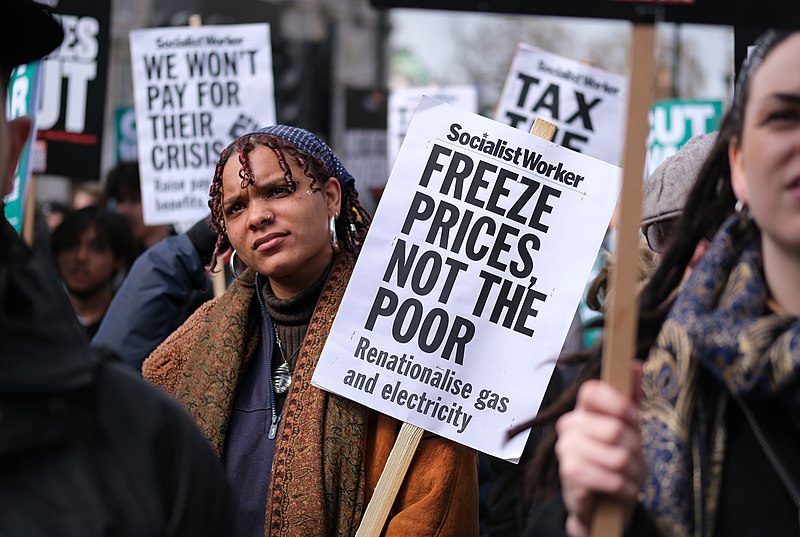
The latest survey conducted by the Financial Conduct Authority (FCA) in the UK suggests a potential easing of the country's cost of living crisis. The survey, released on Wednesday, revealed a
decrease in the number of individuals struggling to meet bill payments and credit obligations compared to the previous year. Conversely, there was an increase in the proportion of respondents reporting that they were managing their finances adequately.
According to the FCA's financial lives survey, an estimated 7.4 million Britons faced difficulties in paying bills and credit repayments in January, down from 10.9 million in January 2023. However, this figure remains higher than the pre-crisis level of 5.8 million recorded in February 2020, before the onset of the cost of living challenges fueled by high inflation and energy costs.
In response to the financial strain experienced by many, the FCA mandated financial institutions to provide assistance such as payment holidays to customers.
Sheldon Mills, Executive Director of Consumers and Competition at the FCA, noted, "Our research indicates that while many individuals are still grappling with financial challenges, there are encouraging signs that some are benefiting from available assistance."
The survey also revealed that 72% of adults reported coping fairly or very well with their finances, a notable increase from 64% in January 2023. However, the data from January still presents a concerning picture, with utility and credit card payments being the most commonly missed expenses. Consequently, individuals have resorted to cutting back on expenditures such as insurance, dining out, and holidays.
Groups most affected by the cost of living crisis include renters, single adults with children, and the unemployed, particularly those residing in the North of England and in economically deprived areas. The financial strain has also impacted the mental well-being of some individuals.
There is optimism that cost of living pressures will alleviate further in the coming months, as inflation is projected to decline below the Bank of England's 2% target. Additionally, wage growth is outpacing inflation, providing some relief to households, while energy prices are stabilizing.
The Bank of England, having raised interest rates from historically low levels to combat inflation, may consider rate cuts in response to the improving economic outlook.




































